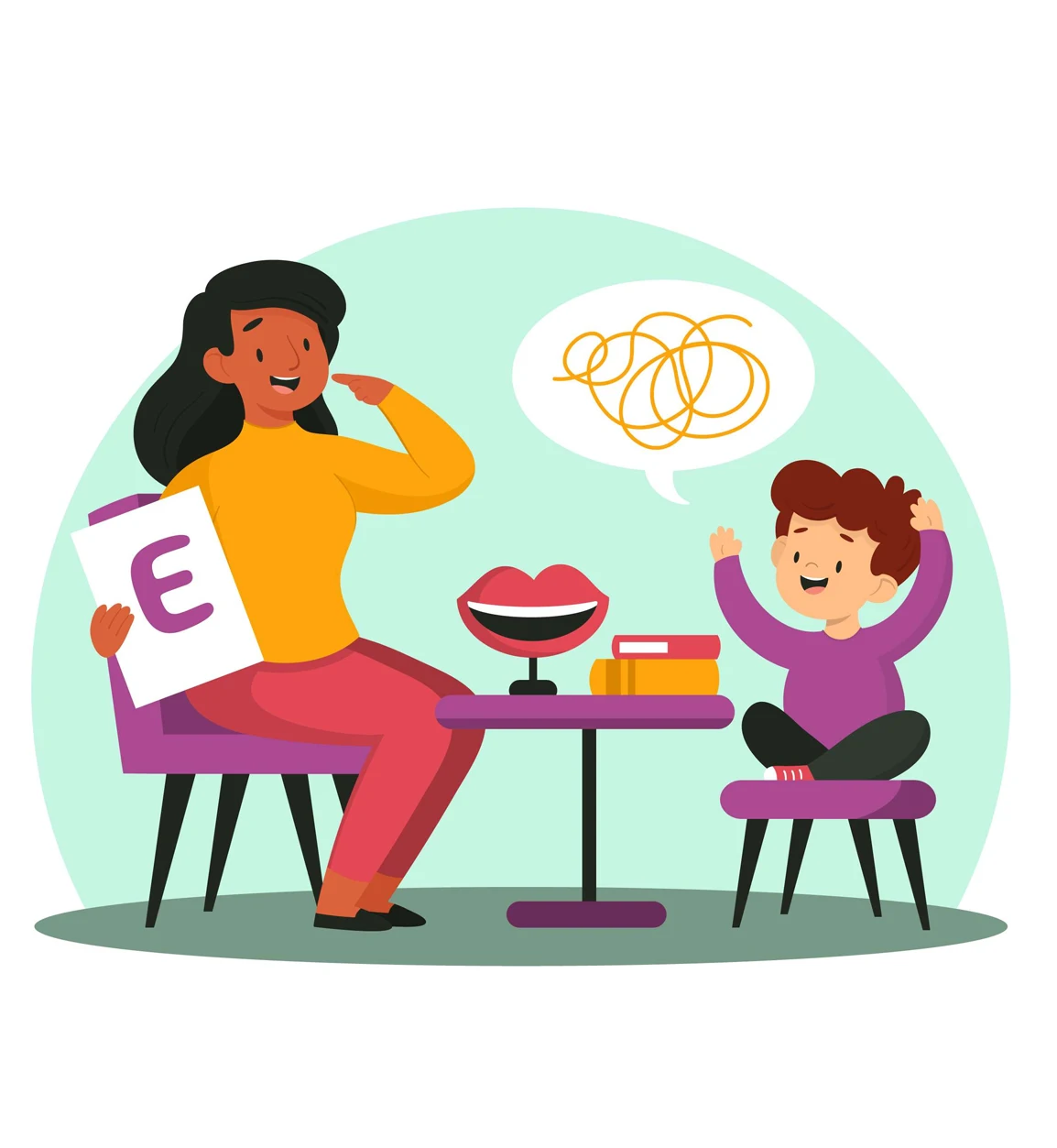A language disorder is a condition in which a child has difficulty understanding or using language in a way that is appropriate for their age.
Language disorders can affect a child’s ability to form sentences, understand instructions, use proper grammar, or express ideas clearly. Unlike a language delay, which is simply slower language development, a language disorder represents a more persistent and often more severe difficulty.
This can affect any aspect of language, including speaking, listening, reading, and writing. A language disorder can involve problems with:
- Receptive language: Understanding spoken or written language.
- Expressive language: Producing spoken or written language to communicate effectively
- Social language: Using language in a socially appropriate way, including understanding and following conversational rules
